|
50,000 HR PROFESSIONALS ARE CONNECTED THROUGH OUR NIRATHANKA HR GROUPS. YOU CAN ALSO JOIN AND PARTICIPATE IN OUR GROUP DISCUSSIONS.
|
|
0 Comments
We do engage people suitable to any position based on technical skills with expertise in the respective area. The engagement is based on an "Employment Contract" normally captioned as Letter of Appointment. The Employment Contracts may be normal ones and may incorporate certain conditions like non-compete, non-solicitation, non-disclosures of technical knowhow, serving the company for a stipulated number of years, if not, to claim un-liquidated or liquidated damages in case of any breach by either party, to safeguard Intellectual Property, etc. Any Employment Contract must stand the test of Law at any time, otherwise, it is a futile one. Hence, it is essential that while drafting an Employment Contract one must keep in mind its enforceability before a Court of Law. Hence, an attempt is being made in this direction to enlighten the professionals in this article.
Follow HR Learning Academy WhatsApp Channel by clicking the below link:
https://whatsapp.com/channel/0029Va4vHVm1CYoX8FwvPZ1h Follow HR Learning Academy WhatsApp Channel by clicking the below link:
https://whatsapp.com/channel/0029Va4vHVm1CYoX8FwvPZ1h Follow HR Learning Academy WhatsApp Channel by clicking the below link:
https://whatsapp.com/channel/0029Va4vHVm1CYoX8FwvPZ1h
“Training & Development” has been one of the segments of HR policy in most of the Corporates. Training Need analysis is normally drawn up depending on the business development, automatons, process change, skill development, rationalisations, productivity enhancements, quality & cost of product related, and most importantly soft skill inadequacies as assessed by the Management etc. HR, be on its own initiative drives or based on the annual program as required by the top Management carries out the programme.
Globalisation led the business to be competitive in acquiring market shares in foreign countries and necessary to import technology, liberal exports & imports, process and method changes including addressing cost of products which required automation and enhanced productivity with international quality standards. To accomplish these targets, cooperation, understanding to change, the role of employees was inevitable. For More details kindly click the below link: https://www.businessmanager.in/move-towards-developing-coaching-culture/
By:
K. Vittala Rao Legal & Management Consultant and Author of Labour Law Books
Courtesy:
Business Manager 1st October 2023 Follow HR Learning Academy WhatsApp Channel by clicking the below link: https://whatsapp.com/channel/0029Va4vHVm1CYoX8FwvPZ1h As we are aware, by the said Amendment Act of 2015, two major changes were introduced to the Payment of Bonus Act, 19652 : one being the amendment of clause (13) of Section 2, raising the salary limit from Rs. 10,000/- to Rs. 21,000/- per month for the purpose of coverage under the Act; and the other being raising the wage ceiling for calculating the bonus under Section 12 from Rs. 3,500/- to Rs. 7,000/- per month or the minimum wages for the scheduled employment as fixed by the appropriate Government, whichever be the higher. Further, by way of Explanation to Section 12, it was clarified that the expression “scheduled employment” shall have the same meaning as assigned to it in clause (g) of Section 2 of the Minimum Wages Act, 1948. These amendments were given retrospective effect in Section 1 of the Amendment Act of 2015 by providing that it shall be deemed to have come into force on 01.04.2014.
Labour reform is one of the most sensitising actions by the treasury bench that often knowingly or unknowingly is opposed not only by the opposition bench but often by the trade union outfit of the treasury bench. The fall out is obvious...once bitten, twice shy to implement. The Indian trade union movement is much more aligned with political ideology rather than syncing with the socio-economic reality. Within the prevailing geopolitical scape of the country often the actual reform takes the back seat. In a country even the mildest intervention attracts huge criticism in public platform and thus the ideas of reform are often shelved helping none other than the conflicting political outfits aiming for retaining and/or capturing support base from the industrial population. There is a growing un-unionised culture of certain knowledge based industries.
While I was flipping through the pages of the book "Frequently Asked Questions with Answers: Present Labour Laws and Upcoming Labour Codes" written by Hon'ble K Vittala Rao a significant recent experience cropped up in my mind and I take liberty to share the same. A few months ago, while checking the syllabus of a 2 years postgraduate HR (Major) program of a renowned institution I could not figure out any courseware for the students on the labour laws. When I enquired, the very closely connected interfacing HR Professor told me that they did not have any module on labour laws as students are not interested on them. Without getting into a debate about whether the institution is right by accommodating the student's choice on the courseware, being a stakeholder; I could not resist myself and asked the Professor that what the babies are going to do in corporates? Would they go to train people, or remain busy with recruitment calls or would engage only with lip services? The Professor appreciating my viewpoint humbly replied, "It is utmost important for budding HR managers to have working knowledge of labour Laws, else the legal framework of the HR system could not be understood, and the budding HR managers shall have serious repercussions in their careers".
|
HR Learning and Skill Building Academy50,000 HR PROFESSIONALS ARE CONNECTED THROUGH OUR NIRATHANKA HR GROUPS.
YOU CAN ALSO JOIN AND PARTICIPATE IN OUR GROUP DISCUSSIONS. |
||||||
site map
SitePUBLICATIONSJob |
HR SERVICESOTHER SERVICESTraining |
POSHNGO & CSROur Other Website:subscribe |
30,000 HR PROFESSIONALS ARE CONNECTED THROUGH OUR NIRATHANKA HR GROUPS.
YOU CAN ALSO JOIN AND PARTICIPATE IN OUR GROUP DISCUSSIONS.
YOU CAN ALSO JOIN AND PARTICIPATE IN OUR GROUP DISCUSSIONS.
Copyright : MHRSPL-2021, website designed and developed by : www.nirutapublications.org.

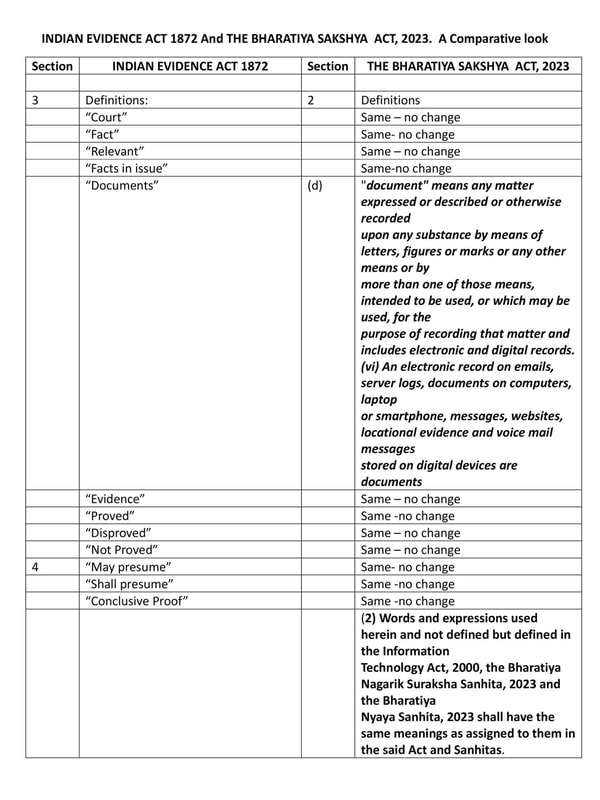

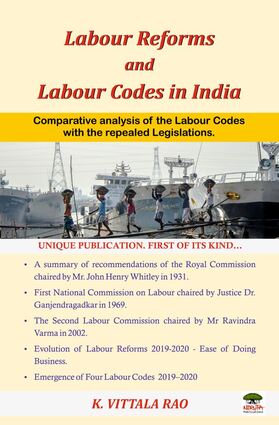
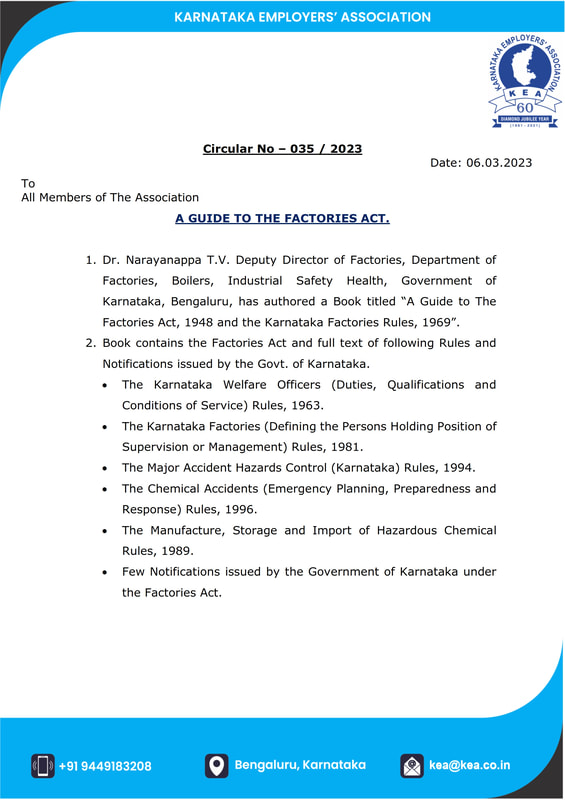
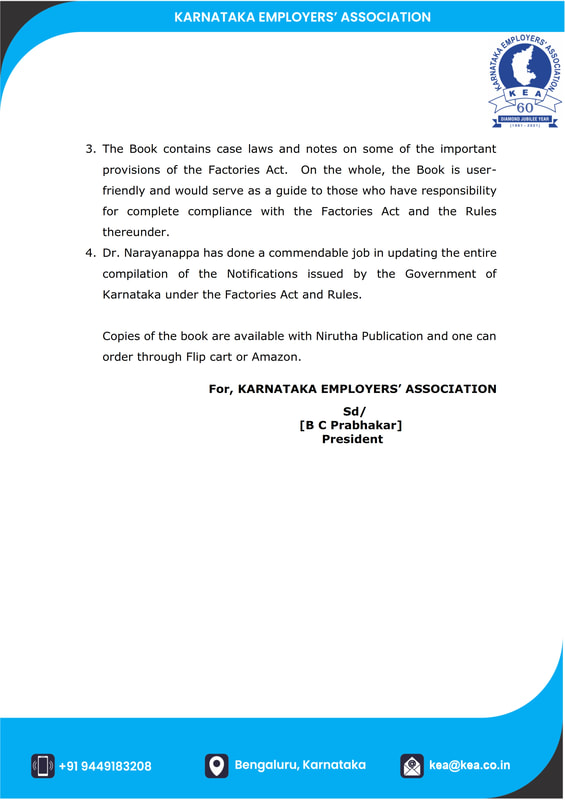
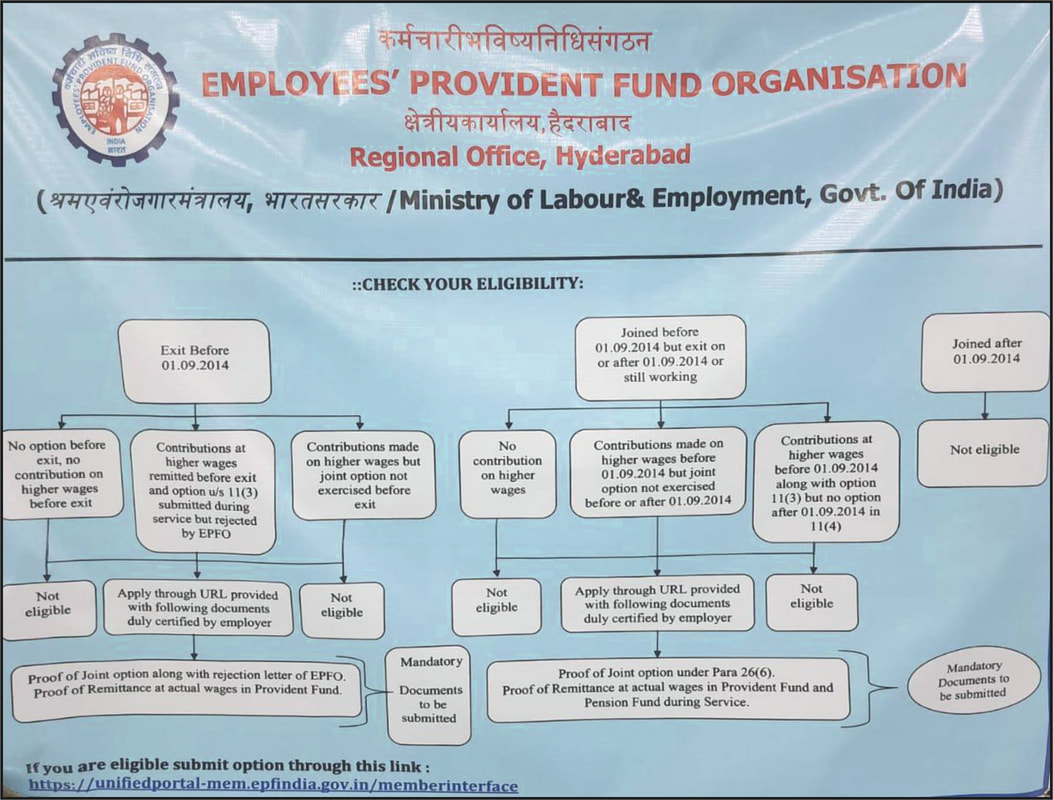

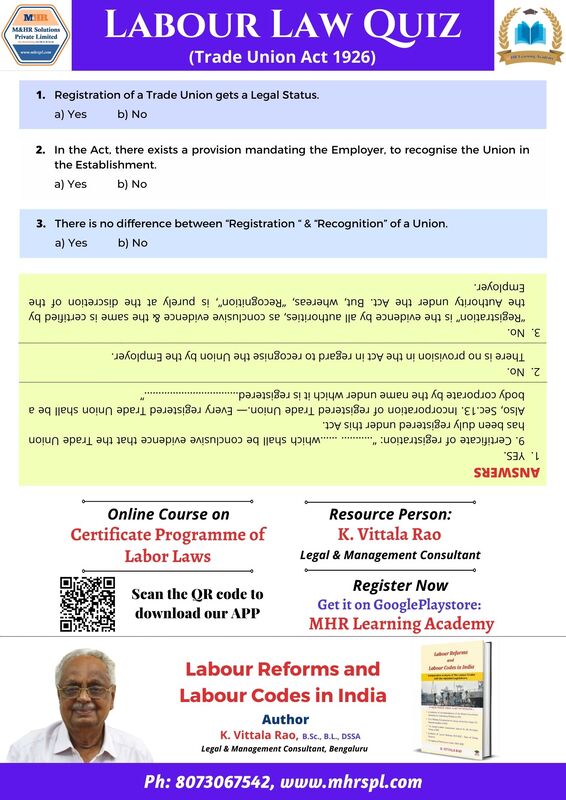
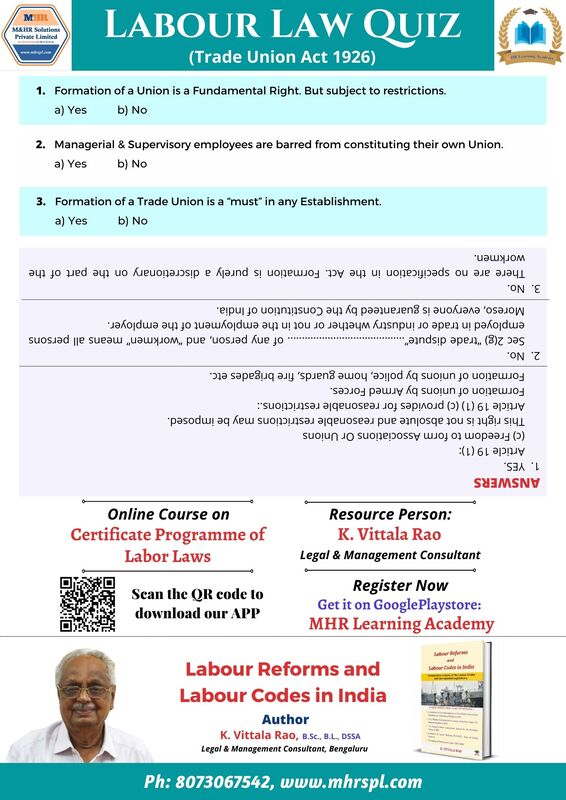
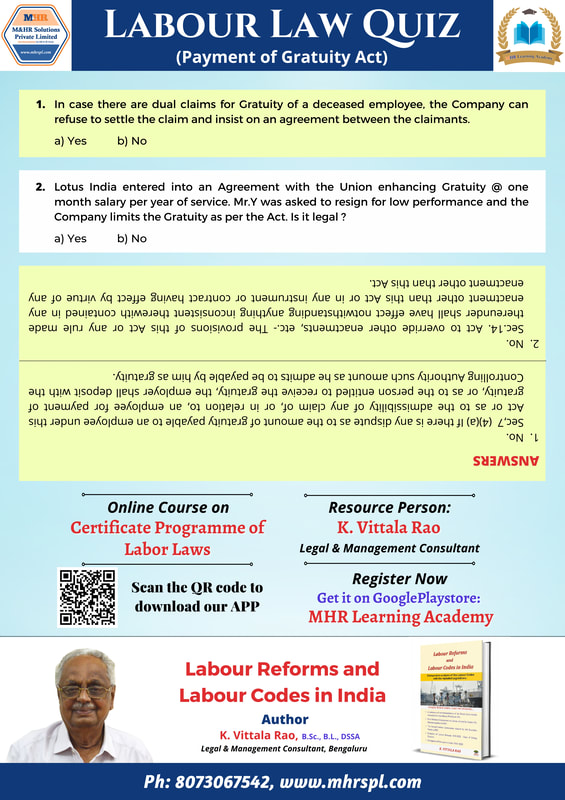
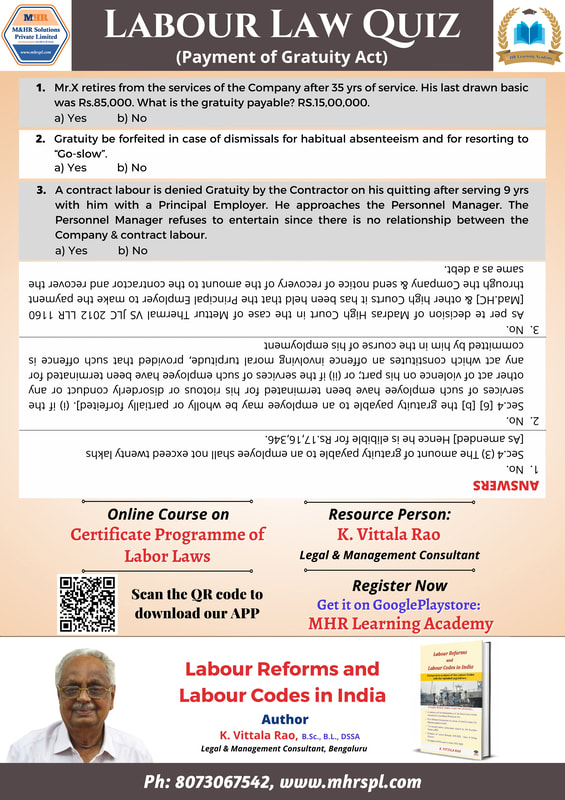


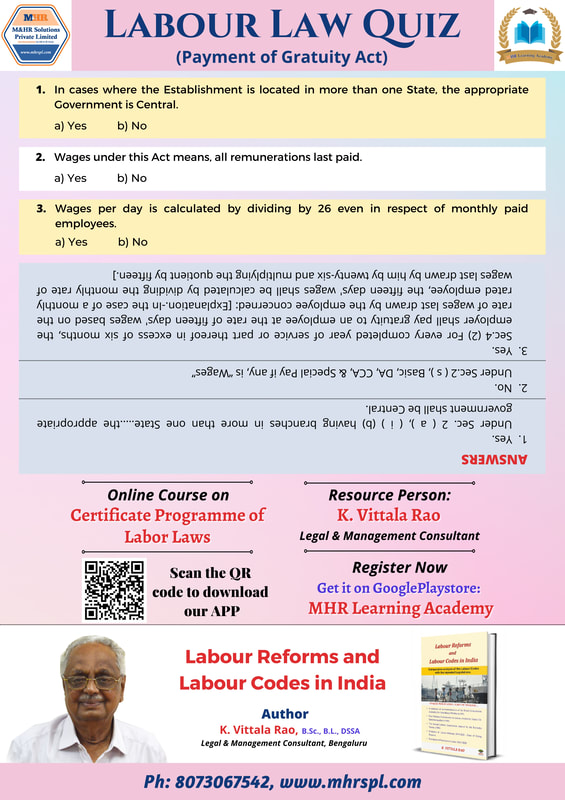

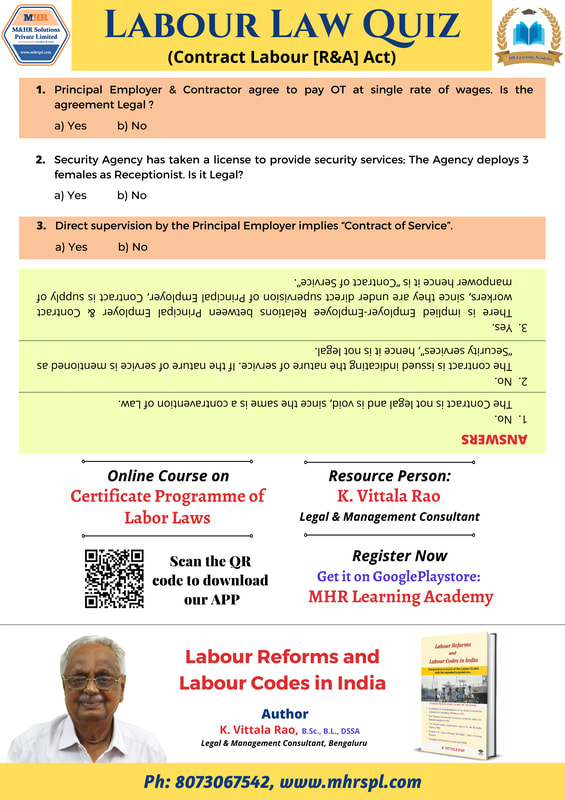
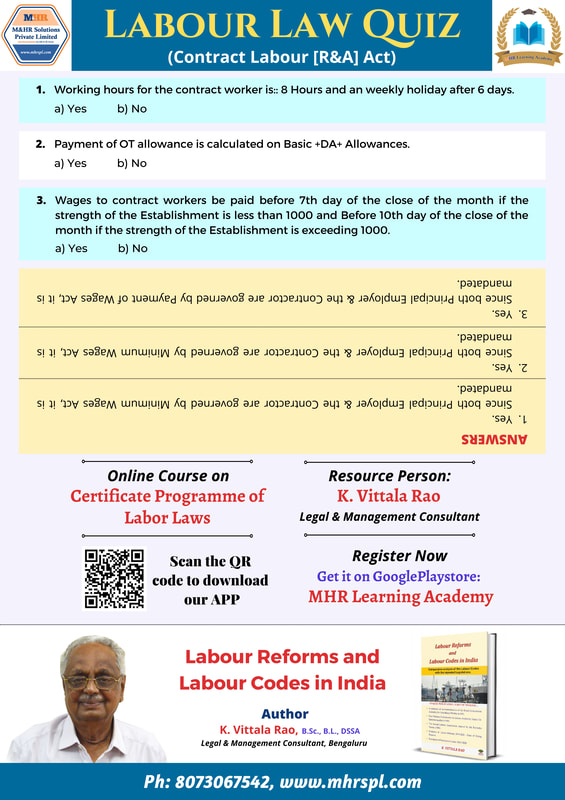
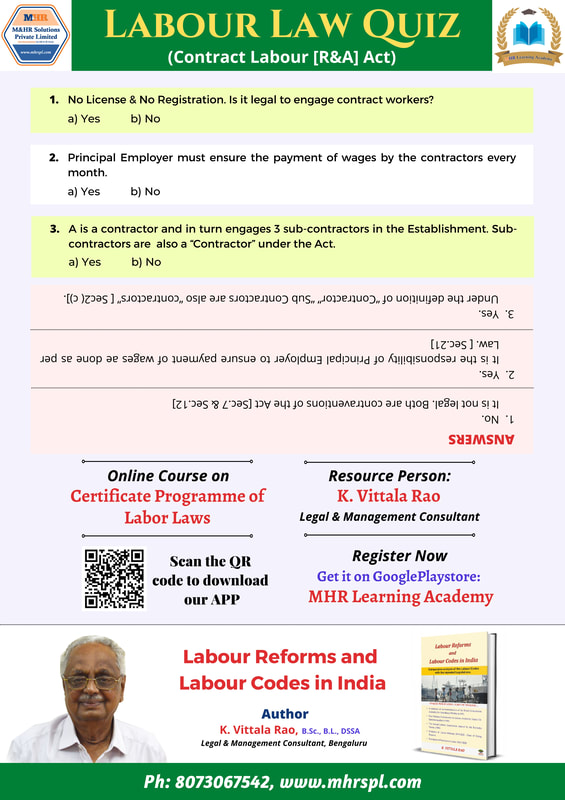
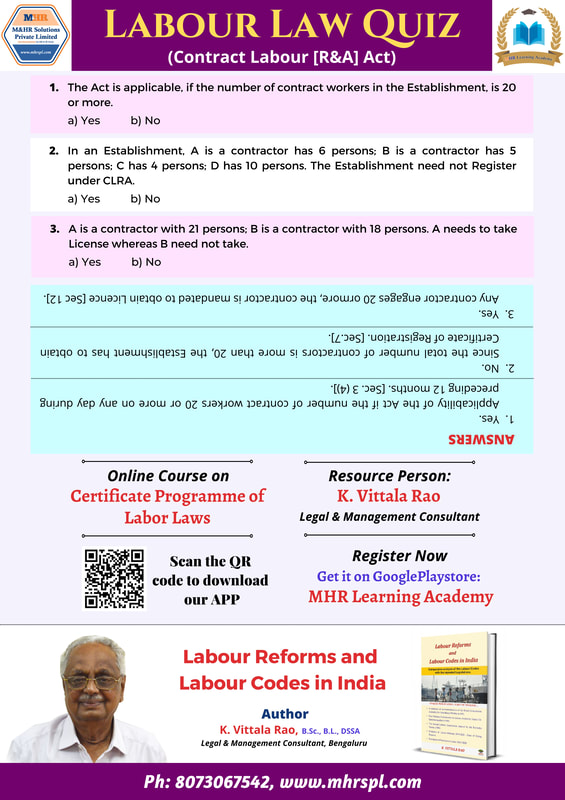







 RSS Feed
RSS Feed





